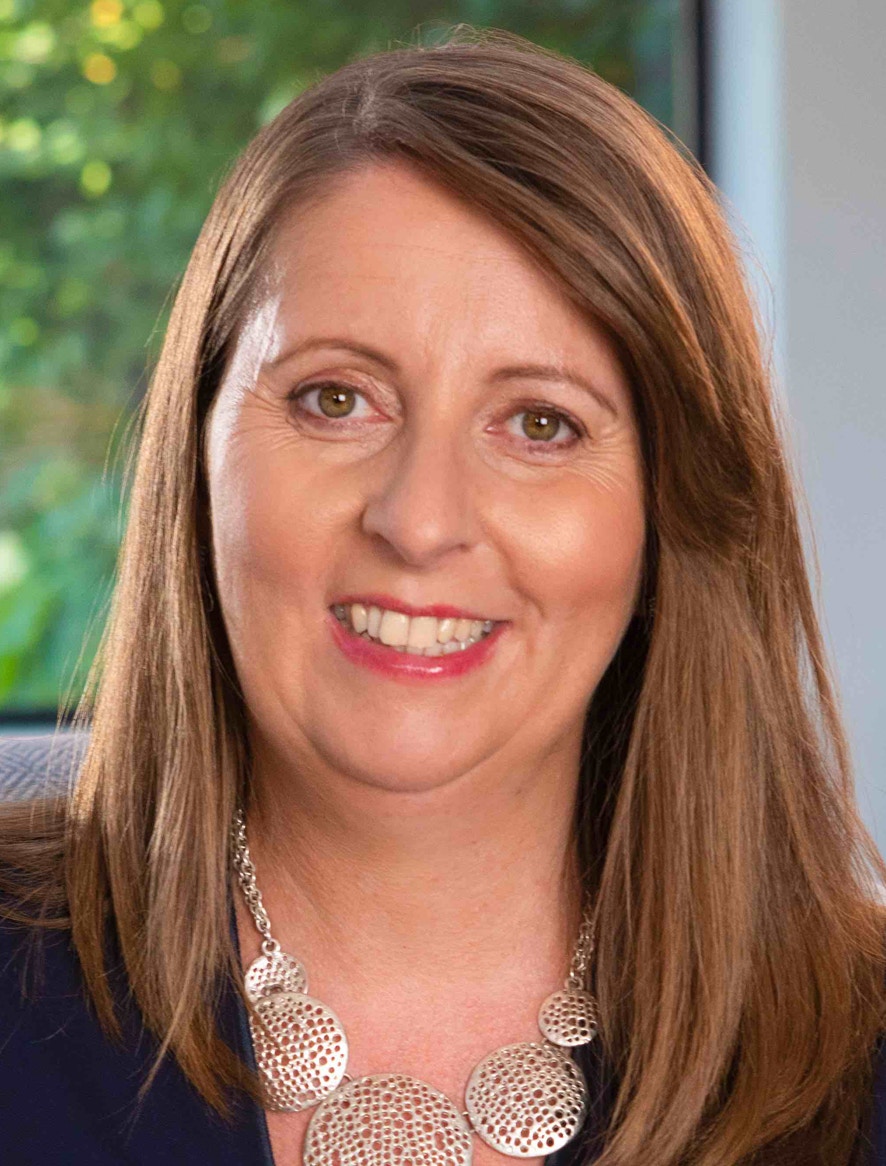
Gearing up for the great wealth transfer
- Advisers are concerned about losing assets as wealth moves between generations.
- Although they see the value, advisers are not actively fostering relationships with dependants.
- Investors are cautious about passing on wealth due to uncertainty around health care costs.
Playing the generation game
With trillions of pounds set to pass between generations in the coming years, intergenerational planning is a well-known issue for advice firms. Yet, while awareness is high, our survey reveals there may be problems with execution, with advisers able to do more to bridge the generational divide.
91% of advisers are concerned with the prospect of their firm losing assets, as wealth moves from existing clients to younger generations.
Over half of advisers admit that they only expect to retain advice services for the minority of their clients upon death. A recent 2021 Schroders survey backs this up, finding that 65% of inheritors do not intend to use their parents’ financial adviser.
Are you concerned by the prospect of you/your firm losing assets as wealth moves from older to younger generations?
For what proportion of clients who die, do you estimate you’ll retain the advice services of their dependants?
Are advice firms doing enough? 74% of advisers said they had a dedicated intergenerational planning strategy in place for the majority of their clients. But that still means a surprising 1 in 4 advisers do not yet have any wealth transfer strategy in place. Do these figures point to a disconnect in the way advice is delivered now versus the changing demands of the next generation of investors? Our research certainly suggests that advisers can do more to engage with the younger consumers.
How important or unimportant is it to you/your firm to build direct relationships with the following people?
Is this just a timing issue or do adviser business strategies need to change? Younger investors may not have the normal portfolio size to necessitate a direct relationship yet but, by taking a longer-term view, advisers can help with smaller portfolios to build relationships prior to wealth transfers. Engaging with a younger target market also demands a wider and more varied digital presence, and a sharper need to demonstrate the value of advice in the face of free online services.
In most cases, it is the clients’ widow who inherits the wealth initially. Unfortunately, though, we see a similar pattern repeating here.

For what proportion of your clients do you estimate you have a direct relationship with the following people?
Over four in five advisers (83%) acknowledge the value of building a relationship with their clients’ spouse or partner, but only 26% have established direct contact for most of their clients.
What are some of the key barriers to effective intergenerational planning?
So, what are the key barriers to engaging with clients’ dependants? Advisers believe that the greatest barrier is the scepticism of younger generations towards the value of financial advice.

Engaging with a client’s children does not strictly present the same barriers as engaging with a younger target market given the embedded longer-term payoffs. Indeed, our survey found that 48% of advised clients are willing to pay for their dependants’ financial advice before they have any significant investible assets. This presents an opportunity for advisers to directly demonstrate the value of advice to clients’ dependants without having to invest large amounts of unbillable time. For advisers looking for a buyout, there is another reason to engage. Consolidators will value a cross-section of client ages rather than just relying on asset under management figures when valuing an advisory firm. In some cases, a proven relationship with the core clients’ children is required.
How much do you agree or disagree that these are key barriers to intergenerational planning?
The second barrier highlighted by advisers is the difficulty in discussing a client’s death with them (65%) and their family (69%). Although death is undoubtedly a sensitive topic, it is not a conversation that should wait until the client brings it up. For example, some legacy pensions do not offer beneficiary drawdown, so it could be worth switching clients to pensions with full death benefit flexibility to minimise estate planning risks*.
At what point do you first talk about death and estate planning to clients, if at all?
We found that 41% of advisers only talk about estate planning at or after retirement, with 16% waiting until their clients are in their 70s or older. Nearly a quarter (24%) of advisers wait until the client initiates the conversation themselves and 21% only discuss it when the client becomes seriously ill. Waiting too long can significantly reduce the options available, for example passing on wealth gradually via income distributions while the client is still alive, or exploring trust options.

We found that 41% of advisers only talk about estate planning at or after retirement, with 16% waiting until their clients are in their 70’s or older. Nearly a quarter (24%) of advisers wait until the client initiates the conversation themselves and 21% only discuss it when the client becomes seriously ill. Waiting too long can significantly reduce the options available, for example passing on wealth gradually via income distributions while the client is still alive or exploring trust options.
A key area in which advisers can help clients is in balancing the benefits of wealth planning against the need to make withdrawals, with the funding of health care in the later years of life being a key part of any retirement plan. Our survey revealed it is a headwind to early wealth transfer for many investors. A 59% majority of advised clients and 56% of unadvised investors said that the risk of needing to fund health and care costs in later life would delay them from passing on wealth to dependants.
Analysis
...scope to dial up engagement...
Intergenerational planning is such an important topic, and it is one that we are really committed to supporting our advisers on*. Our survey results suggest there is scope to dial up engagement with dependants but also room to have earlier conversations about estate planning. With the ability to pass pension wealth down the generations, advisers must ensure their clients not only have their beneficiary nominations in place, but that these are regularly reviewed (especially as the client approaches age 75), as circumstances and priorities can change. Advisers can also look to engage with named beneficiaries early, so that things run smoothly when a client’s family most needs it to.

















